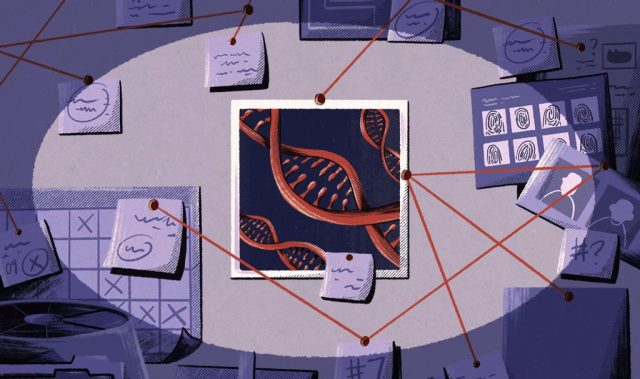
AsianScientist (Sep. 3, 2015) – Using deep sequencing, scientists have uncovered the genetic basis of Hirschsprung (HSCR) disease, a relatively common birth defect where the lack of intestinal nerve cells causes chronic constipation and poor nutritional absorption. Their work, published in Gastroenterology, is the first to establish the mechanism underlying the disease.
HSCR disease is a birth defect that is particularly prevalent in Asia, affecting one in 3,000 babies. The reasons for the absence of nerve cells in the bowel are unclear, treatment options, therefore, remain unsatisfactory.
Because the sonic hedgehog signaling has been implicated in neural development, the authors of the present study wondered if this signaling pathway is also involved in HSCR disease pathology. To address this question, the authors performed targeted deep sequencing in 20 HSCR patients. They found that in five patients, there was a dysfunction in genes related to sonic hedgehog signaling, namely GLI1, GLI2, GLI3, SUFU and SOX10.
Using mouse models, the researchers found that specific DNA mutations in GLI1, GLI2 or GLI3 genes disrupt the formation of the nerve cells and their subsequent gut colonization, resulting in absence of nerve cells at the distal end of the colon as seen in HSCR patients.
Functionally, GLI and SOX10 work coordinately with another GLI regulator, namely SUFU to form a regulatory loop to control formation of nerve cells versus nerve-supporting cells and gut colonization. Thus, mutations in GLI will interrupt this regulatory network and contribute to HSCR pathogenesis.
“Better understanding the disease mechanisms will help designing stratified patient care leading to improved outcome in the long run,” said lead researcher Elly Ngan Sau-wai, an associate professor of the department of surgery at the Li Ka Shing Faculty of Medicine, Hong Kong University.
The article can be found at: Liu et al. (2015) Identification of GLI Mutations in Patients with Hirschsprung Disease That Disrupt Enteric Nervous System Development in Mice.
———
Source: The University of Hong Kong.
Disclaimer: This article does not necessarily reflect the views of AsianScientist or its staff.












